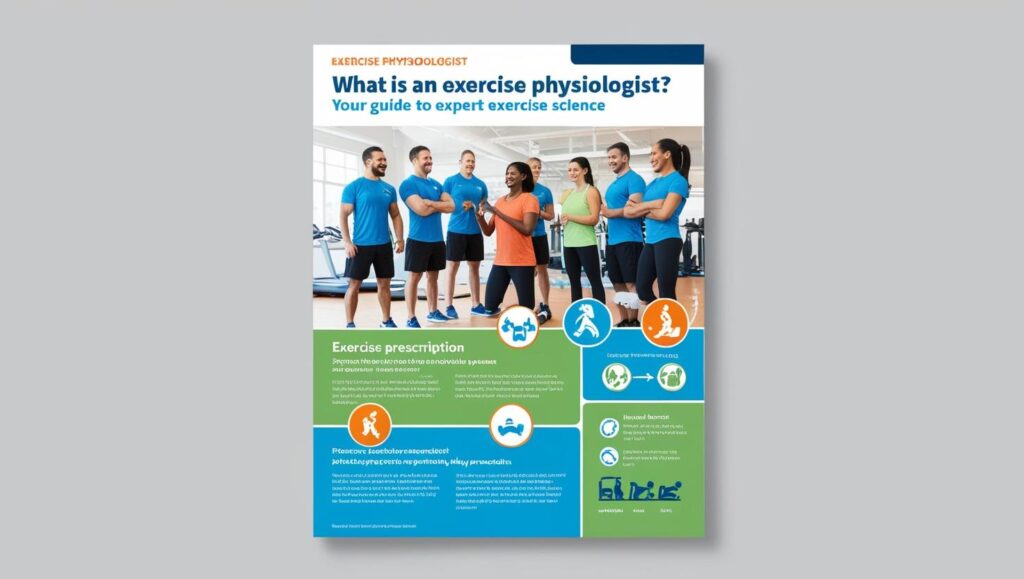
Introduction
In a world where chronic diseases like diabetes and heart conditions are on the rise, the power of exercise as medicine is gaining recognition. Enter the exercise physiologist—a healthcare professional dedicated to harnessing exercise science to improve health, manage disease, and enhance quality of life. But what exactly do they do, and who can benefit from their expertise? Let’s dive in.
What Does an Exercise Physiologist Do?
Exercise physiologists are clinical experts who design evidence-based exercise programs tailored to individual health needs. Unlike personal trainers, they focus on therapeutic exercise for chronic conditions, injury rehabilitation, and long-term wellness. Their work includes:
- Conducting health assessments (e.g., cardiovascular fitness, metabolic rate).
- Creating personalized exercise plans for conditions like diabetes, obesity, and heart disease.
- Monitoring progress and adjusting programs to ensure safety and efficacy.
- Collaborating with doctors, physiotherapists, and dietitians for holistic care.
Education and Certification
To become an exercise physiologist, one typically holds a bachelor’s or master’s degree in exercise physiology or a related field. Accredited professionals (e.g., through Exercise and Sports Science Australia or the American Society of Exercise Physiologists) undergo rigorous training, including clinical internships. This ensures they’re equipped to handle complex health scenarios with scientific precision.
Conditions They Help Manage
Exercise physiologists play a pivotal role in managing:
- Cardiovascular issues: Post-heart attack rehabilitation, hypertension.
- Metabolic disorders: Diabetes, obesity.
- Pulmonary conditions: COPD, asthma.
- Musculoskeletal injuries: Post-surgery recovery, arthritis.
- Mental health: Anxiety, depression through movement therapy.
How They Differ from Other Professionals
- Personal Trainers: Focus on fitness goals; not trained for clinical conditions.
- Physiotherapists: Specialize in pain relief and mobility through manual therapy; exercise physiologists emphasize long-term exercise strategies.
- Sports Coaches: Optimize athletic performance rather than clinical care.
Benefits of Working with an Exercise Physiologist
- Disease Management: Exercise can lower blood sugar, improve heart health, and reduce medication reliance.
- Safe Rehabilitation: Tailored programs prevent re-injury.
- Enhanced Quality of Life: Improved mobility, energy, and mental well-being.
- Preventive Care: Reduce risks of chronic diseases through structured activity.
Who Should See an Exercise Physiologist?
- Individuals with chronic illnesses seeking non-pharmacological treatments.
- Post-injury/surgery patients needing guided rehab.
- Athletes aiming to optimize performance safely.
- Anyone wanting a science-backed approach to wellness.
Conclusion
Exercise physiologists bridge the gap between clinical care and fitness, offering a proven path to better health. Whether managing a chronic condition or striving for peak performance, their expertise can transform lives. Ready to take the next step? Consult your healthcare provider about incorporating exercise physiology into your wellness journey.


[…] What Is an Exercise Physiologist? Expert Exercise Science […]
[…] What Is an Exercise Physiologist? Expert Exercise Science […]